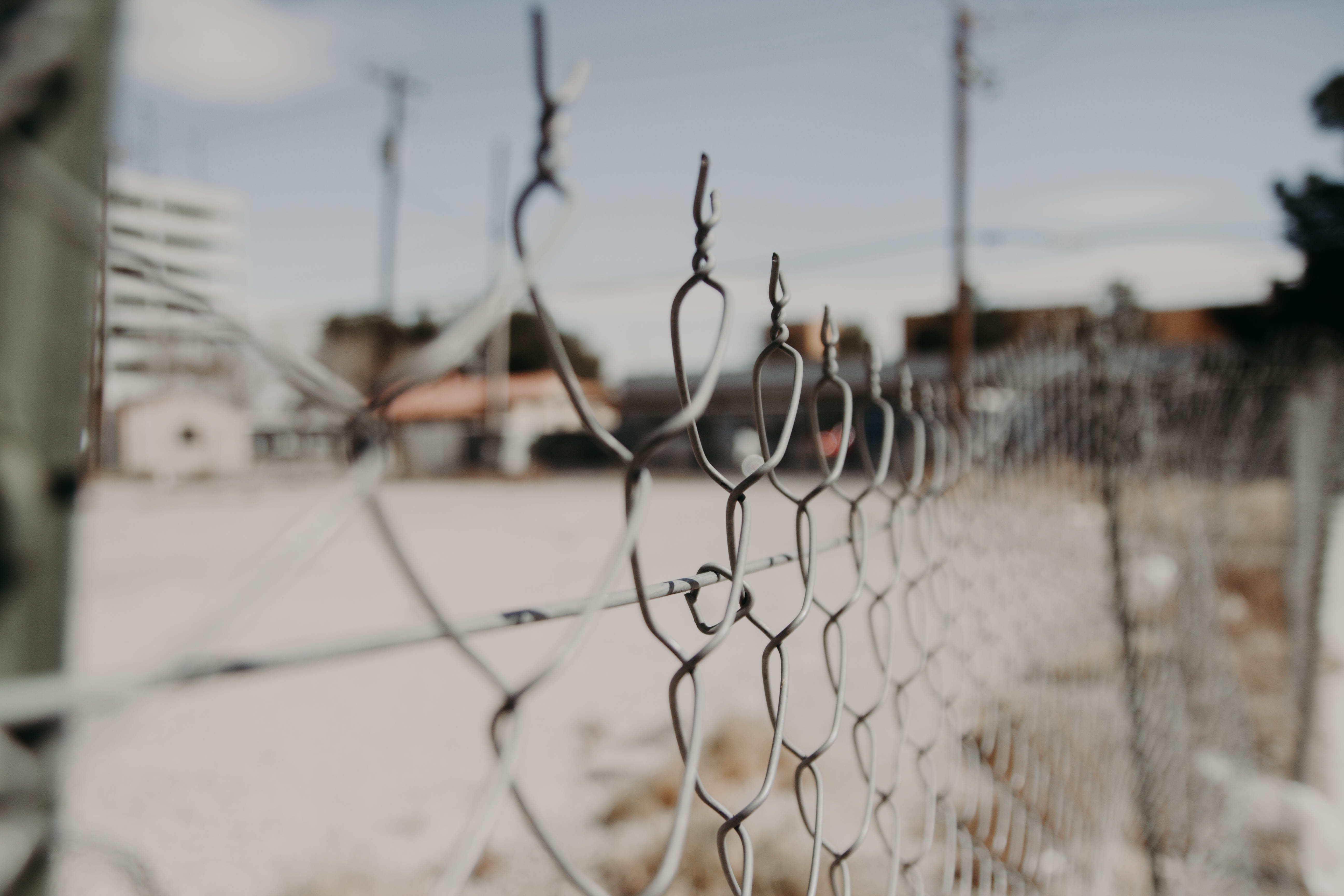These consist of different ways of serving sentences other than the deprivation of liberty established in the sentence, agreed to by sentencing courts or by the institutions responsible for enforcing the sentence. In Latin America and around the world, numerous states are experiencing prison overpopulation with sometimes alarming levels of overcrowding.
Overcrowding is an evil in itself, since as well as affecting the human dignity of incarcerated persons, it prevents or significantly hinders the correct implementation of programmes for social reintegration, and the ability to ensure physical separation between dangerous detainees and minor criminals and first-time offenders.
Overcrowding also hinders cataloguing of detainee profiles and organising differentiated imprisonment regimes.
Numerous international studies have shown that prison is not the only solution for dealing with crime and that prisons frequently become schools of crime, encouraging the proliferation of criminal groups that operate inside and outside the detention centres which endanger the safety of convicts and society at large.
Several criminal organisations have emerged and have grown powerful in prisons, because of weaknesses in the system due to heavy overpopulation.
Alternative measures against organised crime.
Therefore, one of EL PAcCTO’s main aims is to support the implementation and use of alternative measures to imprisonment, which are considered pivotal to relieve congestion in prison systems which will then be able to focus on the most dangerous prisoners who recruit followers while in detention. That is why these measures are also an essential weapon in the fight against organised crime.
In addition, alternative measures are cross-cutting measures that require a holistic approach and effective coordination. They require cultural change and a consistent approach among all agents involved, which also applies to external communication.
How do Latin American countries apply alternative measures to prison?
In May 2018, in Panama City, EL PAcCTO held its first workshop on the subject, the main purpose of which was to establish outstanding needs, in order to optimise the application of alternative measures through a series of presentations, exchanges and good practices. The event also set out to create an inter-institutional work dynamic, which is considered essential to ensure proper use of these measures, always with a shared approach that considers imprisonment as the last resort.
The involvement of high-level representatives from Argentina, Bolivia, Brazil, Colombia, Costa Rica, Ecuador, El Salvador, Guatemala, Panama, Paraguay, Peru and Uruguay led to the development of a Catalogue of alternative measures to the deprivation of liberty, an essential tool that starts by analysing national laws and concludes with recommendations for consideration by states.
Since then, ten specific technical consultancy initiatives have taken place in six Latin American countries with the objective of moving forward with the implementation of these measures, also promoting inter-institutional coordination among the actors involved.
The main outcomes were:
Argentina: EL PAcCTO is supporting the use of electronic monitoring by applying a protocol of control procedures and developing specific alternative measures for offenders with substance abuse issues. The Ministry of Justice and Human Rights asked the Programme to help with an awareness-raising initiative to educate the public about the use of alternative measures and to mobilise all institutional actors.
Brazil: EL PAcCTO experts supported DEPEN to encourage broader use of electronic measures and encourage the reintegration of prisoners into society. Brazil also received support to strengthen an inter-institutional work dynamic with specific recommendations to foster inter-institutional dialogue at the federal level and coordination at the federal and state levels.
Chile: After receiving technical assistance to evaluate the feasibility of alternative penalties and to issue recommendations in late 2018, EL PAcCTO helped the Ministry of Justice and Human Rights and the Gendarmerie of Chile in 2019 to create a protocol for using telematic monitoring and proposed guidelines to strengthen the implementation of a community service scheme.
Costa Rica: The Ministry of Justice and Peace has received support from the Programme and has implemented the use of electronic monitoring for very minor offences to relieve prison overcrowding. The number of persons deprived of liberty (PDL) controlled with this alternative measure to detention has increased from fewer than 200 to more than 1,300 (an increase of more than 500%) in 18 months. The Programme will continue to support Costa Rica in its use and management of electronic monitoring.
Panama: EL PAcCTO has analysed progress made with measures implemented by the Interdisciplinary Studies Institute (IEI), with recommendations to define ways of applying alternative measures for adolescents and young people.
Peru: In order to reduce prison overcrowding and ensure public safety, avoiding schools of crime, the INPE and the Judiciary are cooperating to ensure effective implementation of alternative measures. The next steps will be the signing of an action protocol to expedite their use and ensuring the proper use of these measures in the country.
A bi-regional conference, organised by three European Union regional cooperation programmes: EL PAcCTO, COPOLAD II and EUROsociAL+ on developing the use of alternative measures to deprivation of liberty will be held in Montevideo, Uruguay, on 19 and 20 September 2019. It will be an unprecedented opportunity to define with senior political representatives and the Supreme Court representative present possible accompaniment itineraries that will enable EL PAcCTO to continue collaborating with the countries in this region to strengthen alternative measures to deprivation of liberty, prison systems and the fight against organised transnational crime.
Giovanni Tartaglia Polcini, Coordinator.
Lorenzo Tordelli, Co-Coordinator-Thematic Manager.
Nathalie Boissou, Deputy Coordinator.
The opinions and comments expressed in this blog are solely the responsibility of the author.
